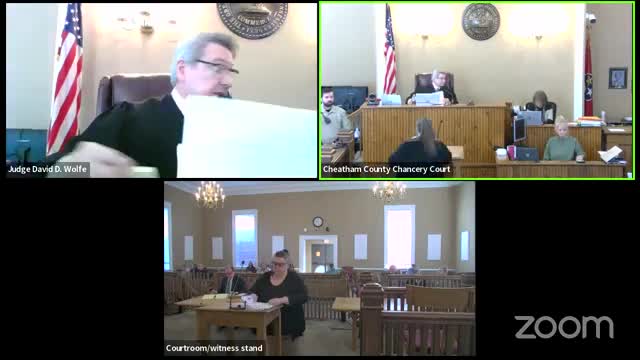Article not found
This article is no longer available. But don't worry—we've gathered other articles that discuss the same topic.
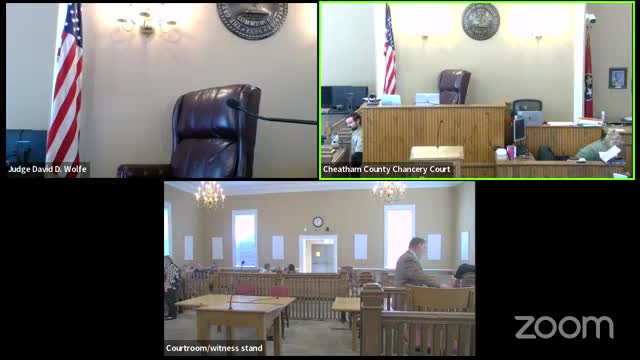
Judge pauses disputed $535,000 distribution in Elliott estate after lawyers clash over joint account and service
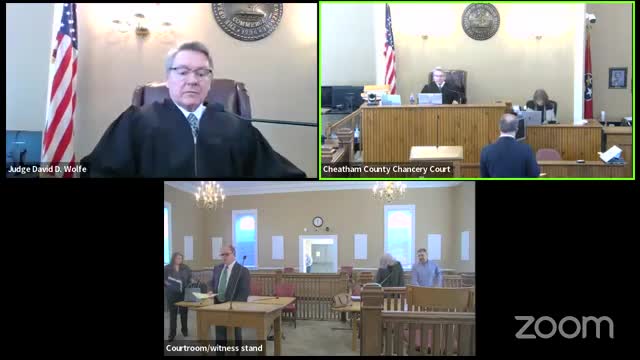
Judge approves temporary family-law arrangement in Braden case including custody, support and counseling terms
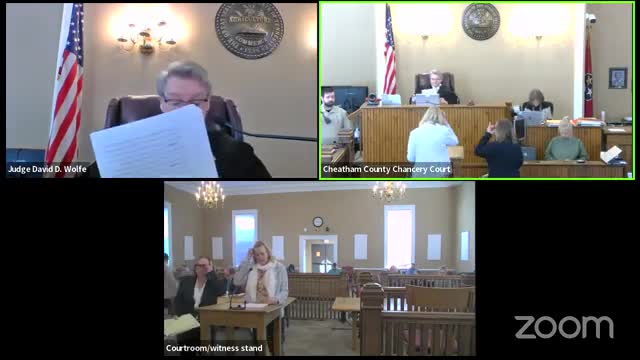
Court appoints permanent conservators, authorizes payment of care balances and sale steps in separate matters
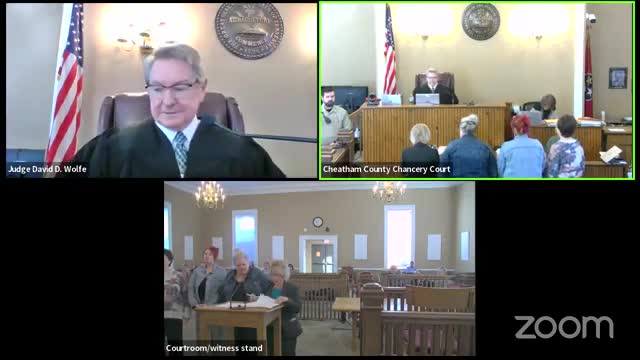
Court appoints three relatives as conservators for William T. Pitt; order to allow any one to act individually
